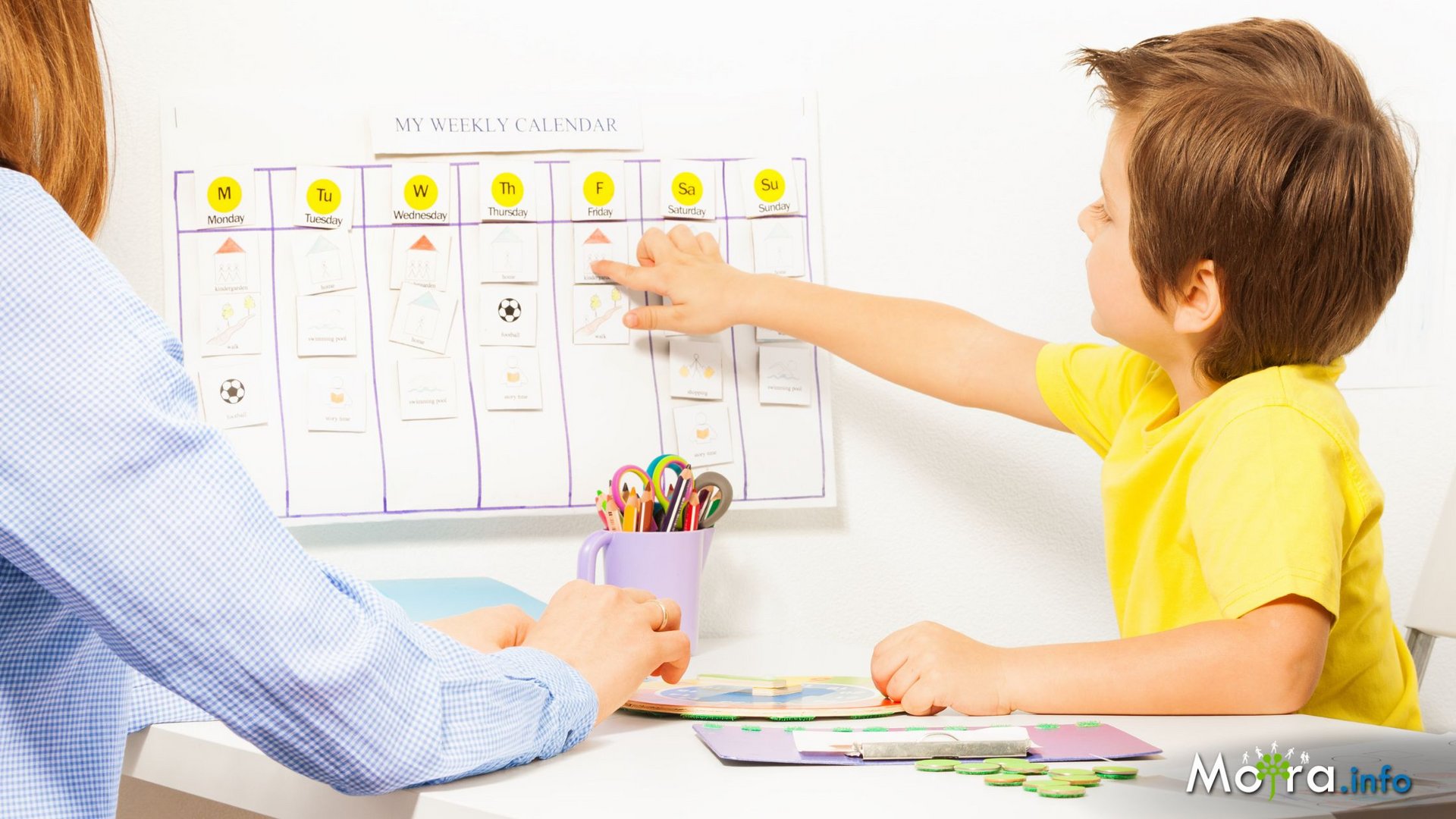Do you ever
feel like your life is full of tension that just won't go away? You're not
alone. Stress is that silent companion that often shows up unexpectedly in our
lives. Whether it's work, family, or just everyday situations, it can catch us
off guard and affect our overall health.
But how do you effectively combat stress and not let it hold you back? This article is a guide that will show you how. You'll gain insight into how stress and health are related and how managing stress can significantly contribute to your quality of life.
Stress isn't
just a feeling. It's a biochemical reaction that can have long-term
consequences for our health. Understanding what stress is and identifying its
symptoms are the first steps to effective stress management.
Physical Symptoms of Stress
Stress
manifests not only in our minds but also in our bodies. Common physical
symptoms include:
·
Racing
heart
·
Excessive
sweating
·
Headaches
and migraines
·
Digestive
problems
Physical
manifestations of stress are warning signs that shouldn't be ignored. The
long-term effects of stress on our bodies can lead to more serious health
complications.
Emotional and Psychological Symptoms of Stress
This is a
broad area that encompasses many different states. Common emotional and psychological
symptoms include:
- Anxiety: Feeling nervous, fearful, or tense.
It can manifest with physical symptoms such as a racing heart, sweating, or
trembling.
- Depression: Feeling sadness, hopelessness, or a
loss of interest in activities that used to bring you joy. It can manifest with
changes in appetite, sleep, or energy levels.
- Anger: Feeling irritable, frustrated, or
hostile. It can manifest with aggressive behavior or outbursts of anger.
- Fear: Feeling anxious or fearful about a specific threat. It
can manifest with avoidance of situations that trigger fear.
- Mood swings: Sudden or unexpected changes in
mood.
- Changes in thinking: Difficulty concentrating, making
decisions, or remembering things.
- Changes in behavior: Social isolation, neglecting
personal hygiene, or substance abuse.
How Stress Affects Our Health?
Stress is a normal reaction to demanding situations. However, if stress is chronic, it can have a negative impact on our health, both physical and psychological.
Physical impacts of stress:
- Cardiovascular disease: Chronic stress can increase the risk
of heart attack, stroke, and high blood pressure.
- Weakening of the immune system: Stress can weaken the immune system,
making us more vulnerable to infections and diseases.
- Digestive issues: Stress can cause digestive problems
such as heartburn, abdominal pain, and diarrhea.
- Headaches and muscle pain: Stress can cause headaches and
muscle pain.
- Sleep disorders: Stress can make it difficult to fall
asleep and stay asleep.
Preventing these problems requires more than just medication. Lifestyle changes and stress management are the foundation for health. It's good to try deep breathing or meditation. These exercises can reduce stress responses in your body.
Psychological impacts of stress:
- Anxiety and depression: Chronic stress can lead to feelings
of anxiety and depression.
- Mood swings: Stress can cause sudden and
unexpected changes in mood.
- Difficulty concentrating and
remembering: Stress
can make it difficult to focus and remember things.
- Substance abuse: Stress can lead to the abuse of
alcohol, drugs, and tobacco.
Long-term
stress can seriously damage our mental health.
Stress and
health go hand in hand. Only when we recognize the signs of stress and learn to
effectively manage them can we protect our mental health.
Stages of Stress
1. Alarm Phase
The alarm
phase is like the first bell of our defense reaction. When we feel stressed,
our bodies increase adrenaline production. The heart beats faster, and we
breathe deeper. It's a sign that we're ready to face the problem. This instinct
primarily protects us, but if it's triggered too often, it can harm us.
How to deal with stress in this phase:
- Breathe
slowly and deeply.
- Embrace
challenges instead of avoiding them.
- Focus
on the bright side of things.
Proper stress
management will help reduce the negative impacts of this phase. By effectively
handling stress, you're better prepared for further challenges.
2. Resistance Phase
In this
phase, the body seeks ways to fight stress. We try to maintain internal balance
and consider what to do. Although we're still on guard, the fatigue from prolonged
tension is noticeable.
Here are some tips for managing this
phase:
- Discover
stress management techniques that suit you.
- Engage
in activities that distract you and make you happy.
Remember, now
is the time to replenish energy to prevent further exhaustion. At this point,
you can significantly change how you cope with stress symptoms.
3. Exhaustion Phase
When the
resistance phase lingers, the exhaustion phase follows. We feel tired, lacking
energy, and our ability to face further challenges decreases. This phase poses
the greatest threat to our health because we're running low on strength.
What to do in this phase:
- It's
time to seek professional help.
- It's
important to rest and regenerate adequately.
If you sense
the first signs of exhaustion, seek help immediately and consider changes in
your daily routine to support your physical and mental health.
Healthy Lifestyle as Prevention
A healthy
lifestyle includes not only what we eat or how often we exercise but also an
overall approach to life that addresses stress management and mental health
care.
The Importance of Rest and Relaxation
Every time
you manage to rest, it's like giving your body and mind a fresh start. Deep
breathing, meditation, or gentle yoga can be great allies. It's not just a
feeling - science confirms it. People who regularly relax have better health.
Finding the right relaxation technique can be fun. Here are three tips for
fully enjoying relaxation:
·
Find
at least a little time for yourself every day, whether it's in the morning or
evening.
·
Try
different activities until you find the one that resonates with you the most.
·
Listen
to what your body is telling you, and when you feel tired, take a break.
Setting Priorities and Time Management
- Properly set
priorities and well-organized time are the foundations for combating stress.
Lists of tasks and planning ahead allow you to keep everything in sight.
- Recognize
what's important and what can wait.
- Learn
to decline tasks.
- A
planner or a phone app can help you keep everything under control and in one
place.
Cultivating Positive
Thinking
Every day,
take a moment to remind yourself of the good things in your life. In the
evening, write down three good things that happened to you that day. It can be
anything that brought you joy or something you're grateful for. This simple
habit can miraculously change your perception of stressful situations and
strengthen your mental health.
When negative
thoughts overwhelm you, try to transform them. Focus on what you've learned
instead of dwelling on what didn't work out. It's not always easy, but with
practice, it becomes easier.
Seeking support from
loved ones and professionals
Talking about
your feelings can be incredibly helpful. Lean on your family and friends;
they'll make you feel like you're not alone. However, if stress becomes
overwhelming, it's time to consider professional help. A psychologist can offer
methods tailored to help you combat stress.
- Talk
to friends and seek understanding and support from them.
- Seek
professional psychological help, such as therapy or counseling.
- Engage
in group therapy and share your experiences.
Always
remember, there's nothing wrong with seeking help. In sharing, you'll find new
perspectives.
Managing stress is a journey, not a destination
Accept that
stress is a common part of life; it's necessary to build strategies that help
you navigate stressful situations.
Remember:
- Meditation
and muscle relaxation are fantastic techniques to combat stress. They help keep
your mind calm and your body at ease.
- A
healthy lifestyle filled with exercise and balanced nutrition supports both
physical and mental well-being.
- Learning
to set priorities and effectively manage your time will alleviate feelings of
overwhelm and improve your stress management.
- Developing
positive thinking isn't always easy. However, viewing challenges as
opportunities can open up new avenues for handling stress.
- Seeking
support from loved ones or professionals is a sign of strength, not weakness.
You're not alone in this.
In
conclusion, we would like to recommend that if you have any doubts, concerns,
or difficulties, don't hesitate to visit a psychologist. They can provide you
with expert help and support to navigate challenging life situations and
improve your mental well-being.
A psychologist can help you:
- Better
understand yourself and your troubles.
- Learn
to manage stress and anxiety.
- Improve
your interpersonal relationships.
- Boost
your self-confidence and self-esteem.
- Find
meaning/purpose in life and much more.
Psychologists at MOJRA's online
counseling are here
for you. They're trained to assist you with a wide range of psychological
issues. Seeking professional help is nothing to be ashamed of; on the contrary,
it demonstrates your strength and commitment to addressing your problems.
Why is psychological education important?
·
Therapists with psychological
education have undergone years of studying psychology, enabling them to
understand the human psyche and behavior more comprehensively.
·
They can diagnose psychological issues
more deeply and suggest appropriate courses of action.
·
They possess the professional
knowledge and skills to effectively and safely assist you.
On the contrary, if a therapist lacks the necessary education, you might be harmed rather than helped. Therapists without psychological education may lack sufficient expertise and skills for diagnosing and treating psychological issues. In the worst-case scenario, they may inadvertently harm you.


























Enter your comment.